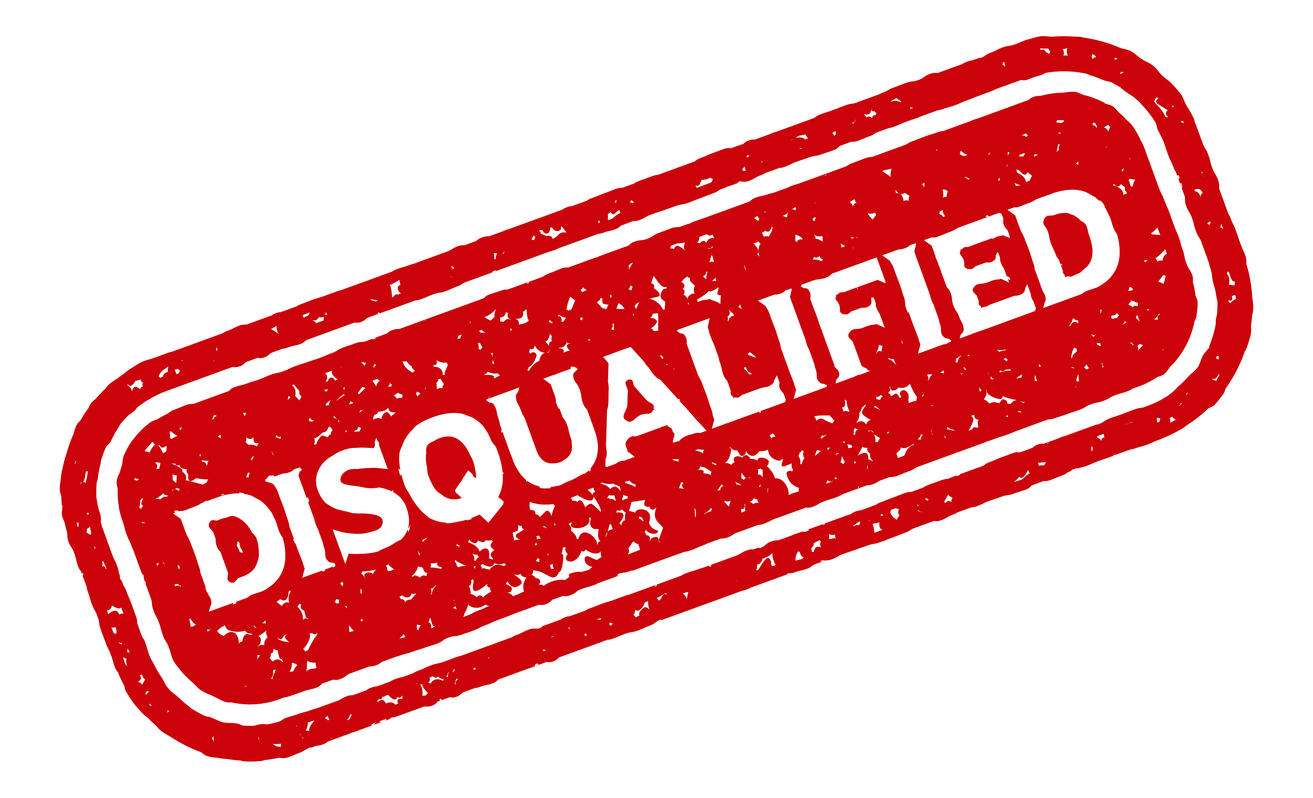There have been many cases recently decided in Texas Federal District Court on the issue of fraudulent joinder and remand of cases where in-state insurance adjusters are defendants in first-party property damages cases. I think all will agree that these cases are all over the board.
In many cases the issue comes down to how specific the plaintiff was in his pleadings as to what the defendant adjuster did or did not do, which was a potential violation of Chapters 541 and 542 of the Texas Insurance Code. Recently, the trend has been for some courts to focus on what is complained of and then to determine whether the defendant adjuster had authority to violate a specific provision of the policy. For example, if the adjuster did not have authority to settle a claim, can he be held liable for failing to settle a claim? A recent case out of the Western District of Texas1 pointed out the recent split in decisions and why remand is required despite the split of opinions.
Mehar sued his carrier and the in-state adjuster alleging that the adjuster violated various provisions of the Texas Insurance Code. The carrier removed the case on the basis that suing the in-state adjuster was fraudulent joinder. Mehar filed a Motion to Remand. The issue came down to whether an adjuster could be held liable under Texas Insurance Code Sec. 541.060(a)(2)(A) which is “failing to attempt in good faith to effectuate a prompt, fair, and equitable settlement of a claim with respect to which the insurer’s liability has become reasonably clear.” The Mehar court, quoting Linron Properties, Ltd. v. Wausau Underwiters Insurance Company,2 explained the split in authority in Texas:
Those federal district courts holding that the section does not apply to adjusters, reason that an adjuster cannot be held liable because they lack settlement authority, and thus cannot “effectuate a prompt, fair, and equitable settlement. On the other hand, those district courts that find an adjuster may be liable under section 541.060(a)(2)(A) reason that an adjuster has the ability to “effectuate a prompt, fair, and equitable settlement” because the adjuster is the one who investigates and evaluates insurance claims. Drawing on the definition of the word “effectuate,” the Linron court explained that ‘[t]he fact that the statute uses the word ‘effectuate’ rather than a word that conveys finality (e.g., finalize), suggests that its prohibition extends to all persons who play a role in bringing about a prompt, fair, and equitable settlement of a claim,’ including adjusters. Linron, 2015 WL 3755071 at *5.
Recognizing the split in authority, the Mehar court reasoned that the split must be decided in favor of remand:
In the context of a motion to remand, this split in authority regarding the scope of an insurance adjuster’s liability under the Texas Insurance Code must be resolved in favor of remand because “[a]ny ambiguities are construed against removal and in favor of remand to state court.” Hood ex rel. Mississippi v. JO Morgan Chase & Co., 737 F.3d 78, 84 (5th Cir. 2013). Indeed, given the federalism concerns present where a federal court is called upon to interpret a state law for the first time, this Court declines to usurp the authority of the Texas state courts. As such, Defendants have failed to meet their heavy burden that there is no reasonable basis by which Plaintiff could recover against the in-state adjusters under section 541.060(a)(2)(A). See Smallwood, 385 F.3d at 573.
Plaintiff alleges that “[t]he Adjuster failed to inspect the property and the damages, failed to request information, failed to fully investigate the claim, failed to respond to requests for information from Plaintiff, failed to timely evaluate the claim, failed to timely estimate the claim, and[ ] to timely and properly report to the Insurance Defendants and make recommendations to the Insurance Defendants.” (Dkt. # 1-5 at 10.) If true, these factual allegations could reasonably form a basis to recover under section 541.060(a)(2)(A) against the in-state adjuster for failing to “effectuate a prompt, fair, and equitable settlement” of the insurance claim.
It certainly makes more sense that because the Code uses the word “effectuate” as opposed to “finalize” all persons involved in the claims handling process are liable for violation of 541.060(a)(2)(A). The Code doesn’t delineate between what sections an adjuster may be liable for and what sections she may not be liable for, so the courts shouldn’t make those decisions unilaterally. Regardless, this split of authority must be resolved in favor of remand.
1 Mehar Holdings, LLC v. Evanston Ins. Co., Cause No. 5:16-CV-491-DAE, 2016 WL 5957681 (W.D. Tex. October 14, 2016).
2 Linron Properties, Ltd. v. Wausau Underwriters Ins. Co., No. 3:15-CV-293, 2015 WL 3755071 (N.D. Tex. June 16, 2015).



